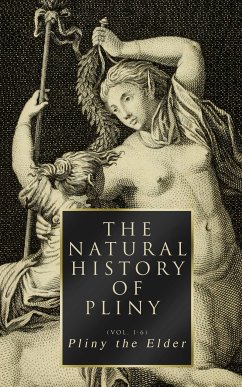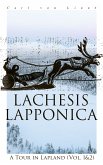According to Pliny's definition, Natural History is a book about the natural world or life. It is the first encyclopedic work in history and a model for later encyclopedias. It is also the largest single work to have survived from the Roman Empire to the modern days. In this book, Pliny covers topics including astronomy, mathematics, geography, ethnography, anthropology, human physiology, zoology, botany, agriculture, horticulture, pharmacology, mining, mineralogy, sculpture, art, and precious stones. In total, the book consists of 10 volumes which contain 37 books. For Pliny, nature was divine. It was a pantheistic concept inspired by the Stoic philosophy. Also, according to this philosophy, the components of nature are described with a view to their role in human life. Pliny devotes a number of the books to plants, focusing on their medicinal value; the books on minerals include descriptions of their uses in architecture, sculpture, art, and jewelry.
Dieser Download kann aus rechtlichen Gründen nur mit Rechnungsadresse in A, B, BG, CY, CZ, D, DK, EW, E, FIN, F, GR, H, IRL, I, LT, L, LR, M, NL, PL, P, R, S, SLO, SK ausgeliefert werden.









